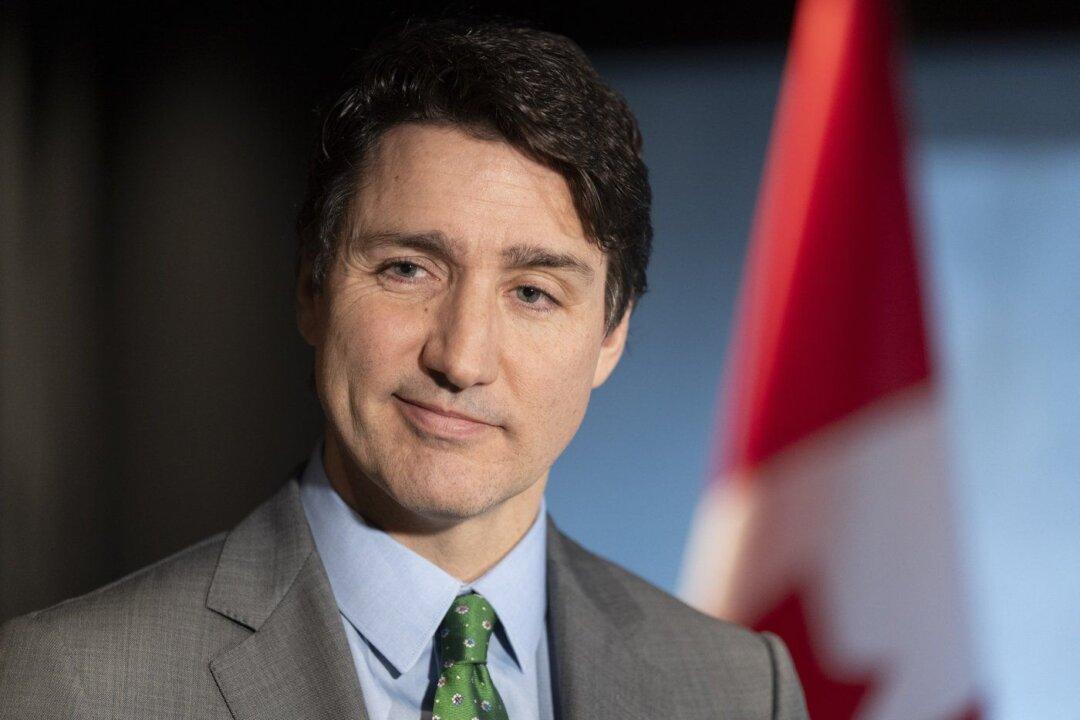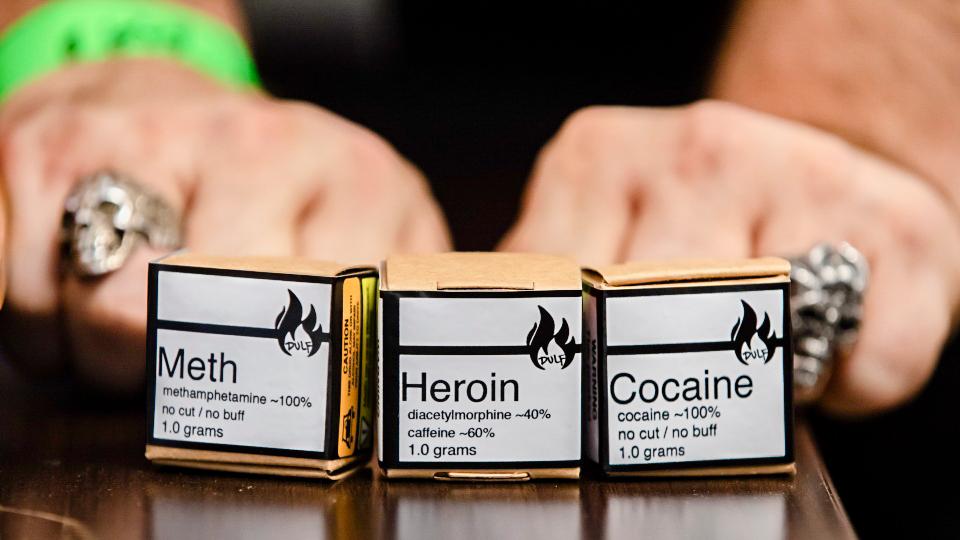Prime Minister Justin Trudeau is set to testify before the public inquiry into foreign interference, along with other senior government officials, as hearings resume on March 27 to examine the extent of foreign interference in the 2019 and 2021 federal elections.
In a March 22 press release, the Commission on Foreign Interference stated that over 40 individuals will be involved in the hearings, including current and former elected officials, representatives of Elections Canada and the Office of the Commissioner of Canada Elections, along with current and former senior government officials, members of cabinet, and Mr. Trudeau.





